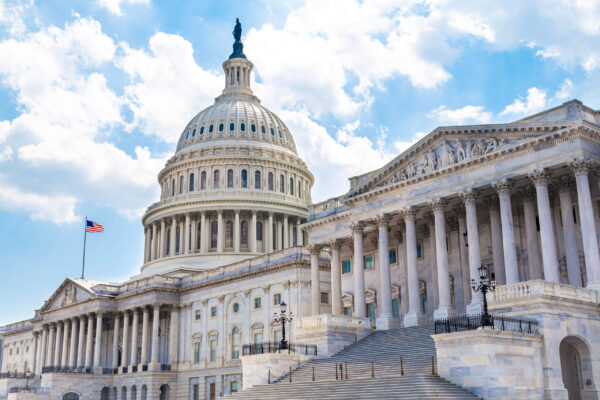U.S. DOT Changes to the Disadvantaged Business Enterprise (DBE) Program

U.S. DOT has issued an Interim Final Rule (IFR) that removes the race- and gender-based presumptions of social and economic disadvantage in the federal DBE program. U.S. DOT cites the constitutional arguments and the judge’s preliminary ruling in the federal case in Kentucky (Mid-America Milling), among other legal precedents. While acknowledging that the proposed consent decree in the court case is still pending and a final ruling has not been made, DOT states that they have concluded that the rebuttable presumption is unconstitutional and a change to the program is required.
The Interim Final Rule went into effect immediately upon publication in the Federal Register on October 3. There is a 30-day comment period, but DOT cites the unconstitutionality of the current law as justification for moving straight to a final rule to take immediate effect.
Going forward, all applicants will have to provide a narrative and evidence of individualized social and economic disadvantage. This is similar to the changes made to the Small Business Administration (SBA) 8(a) program in response to constitutional challenges.
U.S. DOT guidance on the IFR is here.
View U.S. DOT FAQs on IFR here.
Key Components of the IFR
- Re-certification: Every currently certified DBE will lose certification and must undergo reevaluation. Firms will be required to submit new documentation and personal narratives to establish eligibility.
- Burden of proof: The burden of proof is on the applicant firm.
- Suspension of goals: Until reevaluation is complete by the certifying agency, federal funding recipients may not set DBE contract goals or count DBE participation toward existing goals.
- Existing contracts: Nothing in the rule mandates the cancellation of existing contracts. Pending solicitations and procurements may need to be suspended and rewritten.
- Retention of Personal Net Worth cap and size standards: The rule retains compliance with the PNW cap and alignment with the small business size standards in the current program.
The rule replaces the terms “race-conscious” and “race-neutral” with “DBE-conscious” and “DBE-neutral”. It also replaces the term “discrimination” with “social and economic disadvantage”.
There are also changes to record-keeping and recording, goal setting, and how disparity studies are to be conducted.
New Standard for Certification
In order to be certified as a DBE, an applicant firm must
(1) Demonstrate that the owner is socially and economically disadvantaged based on his or her own experiences and circumstances that occurred within American society, and without regard to race or sex;
(2) Submit a personal narrative establishing the existence of disadvantage by a preponderance of the evidence based on individualized proof regarding specific instances of economic hardship, systemic barriers, and denied opportunities that impeded the owner’s progress or success in education, employment, or business, including obtaining financing on terms available to similarly situated, non-disadvantaged persons;
(3) State how and to what extent the impediments caused the owner economic harm, including a full description of type and magnitude, and establish the owner is economically disadvantaged in fact relative to similarly situated non-disadvantaged individuals.
Next Steps
ACEC will be developing comments to submit to U.S. DOT for consideration based on feedback from member firms. The Council will also seek additional clarity from the department and coordinate with the American Association of State Highway and Transportation Officials (AASHTO) to track state implementation plans.
A number of questions and concerns have already been identified, including:
- Will a final ruling in the Mid-America Milling case or other legal challenges change the parameters of the DOT Rule?
- What happens to subconsultants on existing contracts with DBE goals?
- How long will it take for certifying agencies to adjust their programs?
- What evidence will satisfy the new standard for demonstrating economic and social disadvantage, and how subjective will that evaluation be?
- Will the current requirements for interstate certification (i.e. reciprocity) be enforced once states have updated their policies and procedures?
ACEC Resources
Engineering Firms with DBE Certifications: The New U.S. DOT Policy and Next Steps
ACEC Fall Conference session | October 7, 2025
Presentation slides
Listen to the recording of the session:
DBE Next Steps: A Four-Part Online Series to Prepare You for Change
June-July 2025
Online course series available on demand
Disadvantaged Business Enterprise (DBE) Programs – Status of Legal Challenges, Potential Outcomes, and What A/E Firms Need to Know
December 11, 2024
Online class available on demand



